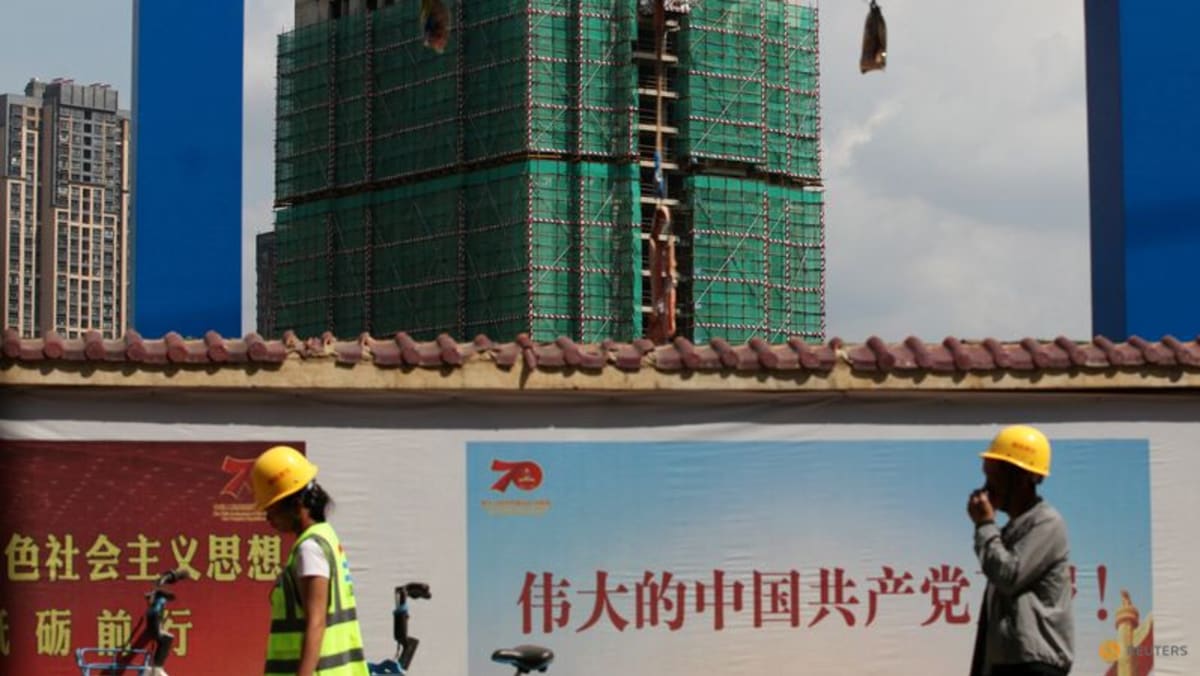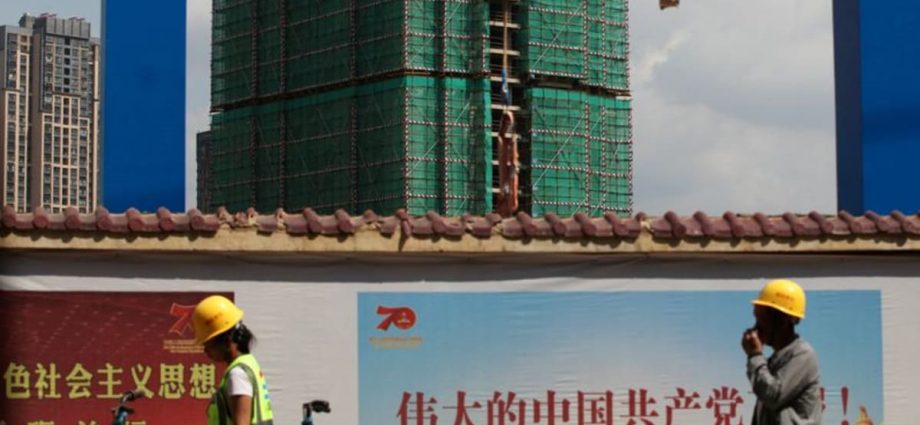
Local government could tighten more the escrow accounts where presale funds are kept in order to ensure homes can be completed and delivered – a top priority set by Beijing.
These would in turn squeeze the sector more and lead to additional defaults even among state-backed developers.
How is this time different?
Country Garden’s quick slip into financial trouble did not shock the market as much as Evergrande’s because most private developers had already defaulted. However, it emerged when the property market and the economy are in much worse shape.
While Country Garden’s total liabilities of 1.4 trillion yuan (US$191.7 billion) are only 59 per cent as big as those at Evergrande, the world’s most indebted developer, it has 3,121 projects across all China’s provinces, compared to around 800 for Evergrande.
Evergrande was already insolvent at the time of default, but Country Garden currently still has more assets than liabilities. Analysts warn that Country Garden could become insolvent if it had to write off large inventories, and run into negative equity if its asset values dropped over time.
Is there systemic risk?
This week, news of missed payments on investment products by leading trust firm Zhongrong International Trust highlighted the outsized exposure of China’s US$3 trillion shadow banking sector to the property sector.
Increasing defaults by developers had already raised Chinese banks’ non-performing loan ratios to 4.4 per cent at the end of last year from 1.9 per cent in 2020, Moody’s said.
But market experts generally do not think China is on the brink of a “Lehman moment” with one company’s failure cascading into a broader financial collapse, as financial institutions’ exposure to the real estate sector has dropped in the past few years.
China’s property sector accounts for more than half of global new home sales and home building, and it is the largest asset class in the world, with an estimated market value of about US$62 trillion.

